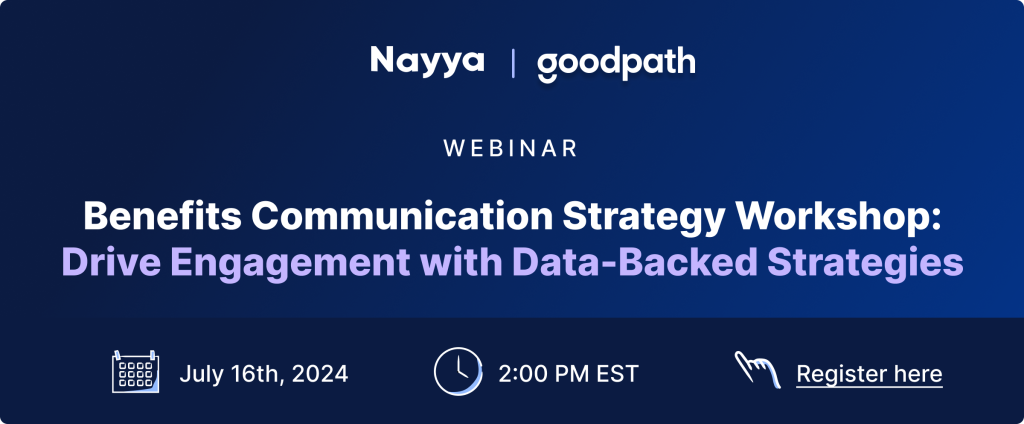Progressive’s 2023 10-K highlights GenAI risks
Progressive’s 2023 10-K form addresses the company’s approach and concerns regarding generative artificial intelligence (GenAI) under the ‘Operating Risks’ section. The document highlights that while Progressive has long used advanced technologies like machine learning, predictive models, and traditional AI, the integration of GenAI introduces new risks and challenges.
“We have developed, and used for many years, new technologies, including machine learning, predictive models, algorithms, automated processes, and other forms of traditional artificial intelligence (AI), and will in the future develop and use AI and other new technologies in our business. As with many technological innovations, the growing development and use of generative AI (GenAI) presents additional risks that may adversely affect our business. GenAI might produce or reveal datasets that are flawed or insufficient or contain biased information, which could result in unintentionally and unfairly discriminatory outcomes in our business processes. These deficiencies could also undermine the associated predictions, analysis, or decisions GenAI applications produce or the business decisions we make based on this information. We could face challenges on whether we use GenAI in our business processes in a responsible, compliant, and effective manner. Since GenAI is subject to public debate, and depending on how observers view our development and use of GenAI, we could be subject to criticism or experience an adverse impact on our brand or reputation, which could decrease demand for our products or services, create difficulties in our ability to recruit and retain employees, negatively impact our stock price, and lead to greater regulatory scrutiny of our businesses. Additionally, one or more of our key vendors may begin to use GenAI in their business in a manner that does not meet existing or rapidly evolving regulatory standards. Furthermore, our competitors or other third parties may be able to incorporate GenAI into their products more quickly, or more successfully, than us.
Intellectual property ownership rights, including those associated with related copyrights, GenAI, and other AI outputs, have not been fully interpreted by courts or regulations. Additionally, it is likely that we will be subject to new AI-focused regulations that could impose varied compliance and reporting requirements and challenges that could impact our operations or ability to write business profitably in one or more jurisdictions. For example, the National Association of Insurance Commissioners (NAIC) has adopted guiding principles on AI, as well as a model bulletin, to inform and articulate general expectations for businesses, professionals, and stakeholders across the insurance industry as they implement AI tools to facilitate operations. Alaska recently adopted the NAIC model bulletin and, while the model bulletin is only effective as adopted by each specific state, we expect these guidelines to be adopted by at least some additional states. In addition, regulators have recently requested information from insurers on their use of algorithms and AI. Colorado issued a first-in-the-nation AI governance regulation for life (and soon auto) insurers related to its SB 169 law, addressing the use of AI models and external consumer data in AI models. The regulation also describes compliance documentation to be submitted to the Colorado Division of Insurance on a regular basis. We cannot predict what other regulatory actions may be taken with regard to AI but any limitations, or any failure or perceived failure by us to comply with any such requirements, could have an adverse impact on our business.
Any of these impacts could result in significant operational difficulties, reputational harm, litigation, and adverse actions by regulators, potentially causing customers to refrain from buying insurance from us or other businesses to refrain from doing business with us, which could have a material effect on our business, financial condition, and results of operations.”
Progressive’s key points are that GenAI might produce flawed, insufficient, or biased datasets, potentially leading to unintended and unfairly discriminatory outcomes in their business processes. Their key vendors may use GenAI in ways that do not meet existing or rapidly evolving regulatory standards. Competitors or other third parties may adopt GenAI more quickly or successfully. Additionally, Progressive may be subject to new AI-focused regulations.
Meanwhile, Travelers is searching for an AVP, Claim Workers Compensation and AI Data Science Lead to oversee its AI/Generative AI and Workers Compensation Predictive Analytics initiatives. Lemonade is looking for an NLP Data Scientist and a Backend Engineer who’s as enthusiastic about Generative AI. And Guidewire is seeking a technical leader for a cross-functional team to implement Generative AI solutions for critical business needs in the insurance industry.





